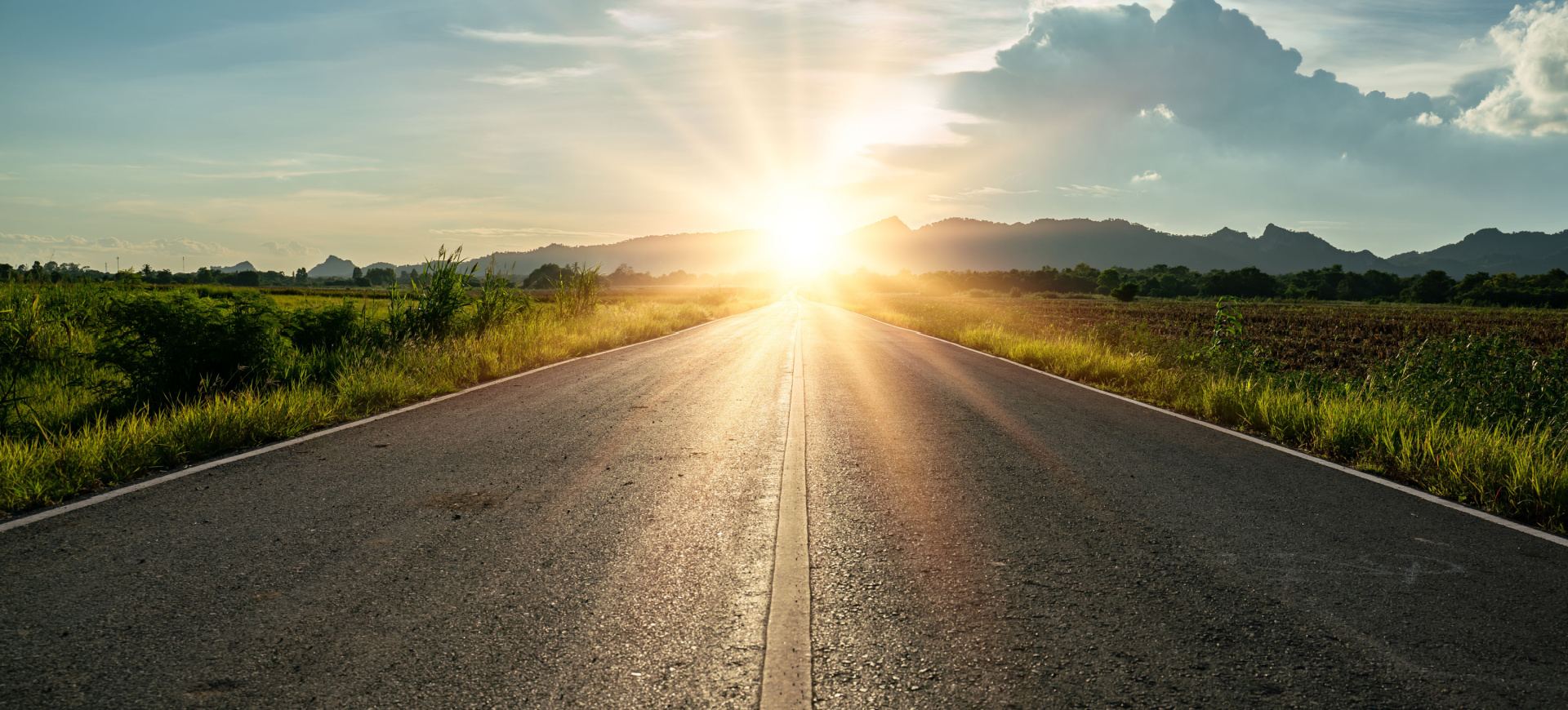Charting a new path on global development
Development is at the heart of the G20 this year. And rightly so.
It embodies the spirit of ‘one’ in the motto of the Indian presidency: One Earth, One Family, One Future. It calls us, as one global community, to tackle our challenges together, in a spirit of solidarity.
Progress on our Sustainable Development Goals has been thrown off track in recent years by multiple crises – Covid-19, climate change and global price shocks caused by Russia’s war in Ukraine. According to the International Monetary Fund, low-income countries will need an additional $440 billion through 2026 to get back on a path to income convergence with advanced economies.
It is time to get global development back on track. And fast.
Rising to the climate challenge
More frequent extreme climate events mixed with heightened geopolitical tension create a tumultuous cocktail that is likely to drive up macroeconomic volatility for decades to come. Low-income developing countries – and increasingly middle-income countries – are hit hardest by this instability.
Developing countries need more stable, affordable and sustainable financing. This funding is critical for their long-term investments in sustainable development, including fighting climate change.
Global financing for modern times
Private finance is, by nature, procyclical. In good times, lenders offer ample financing at affordable conditions. In bad times, however, when financing is needed most, lenders are more reluctant and financing dries up. This is when multilateral and public development banks, along with international financial institutions, prove their worth – providing stable financing that reduces economic volatility and in turn the risk for private investment.
For G20 members, and countless countries around the globe, the Sustainable Development Goals and the Paris Agreement serve as a beacon. To deliver on these ambitious goals, we need equally ambitious financing and strong partnerships among governments, civil society and private enterprise.
This requires a massive jolt in financing. Yet the financial firepower of multilateral development banks has not kept pace with the world economy, and even less so when compared to today’s sustainable investment needs.
Many developing countries continue to be submerged under a mountain of debt. This only adds to the challenges. From 2019 to 2023 the debt stock of emerging market economies ballooned from $75 trillion to $100 trillion. In the aftermath of the Covid-19 pandemic, however, the global community has stepped up to lend a hand to highly indebted countries through the Debt Service Suspension Initiative. The international community has also delivered on the goal to rechannel $100 billion of special drawing rights. These are good examples of countries banding together to support the most vulnerable.
More financing, more stability
Tackling poverty and protecting our planet requires a strong dose of fresh thinking. Innovative financial instruments – especially those that generate financing more automatically in bad times – can boost global development and make economies more stable and better prepared to confront crises, such as climate-related shocks or downturns in financial cycles. Low-income and vulnerable middle-income countries would become less risky for private investors.
Our collective goal should be to scale up financing – for development, for global public goods and for our Sustainable Development Goals. One concrete way would be to infuse development banks with more capital to match our development strategies. This could entail injecting more capital in difficult times, when higher economic uncertainty drives capital away from developing countries. Multilateral and public development banks would then be even more powerful forces for stability, helping to steady global capital flows and scale up development finance in the long run.
Building genuine partnerships between those needing financing and those providing financing is a strong link in the chain of achieving global public goods. The G20 is well placed to reinforce this chain – by rallying countries around a shared strategy to reach our goals. This is another reason why the African Union should have a permanent seat at the table of the G20.
Rabindranath Tagore said, “You can’t cross the sea merely by standing and staring at the water.” The G20 can count on the European Union to be a force for action, a rock-solid partner for global development and a leader in world peace. Together, as one global community, we will navigate the challenges ahead and create a brighter future for all.












